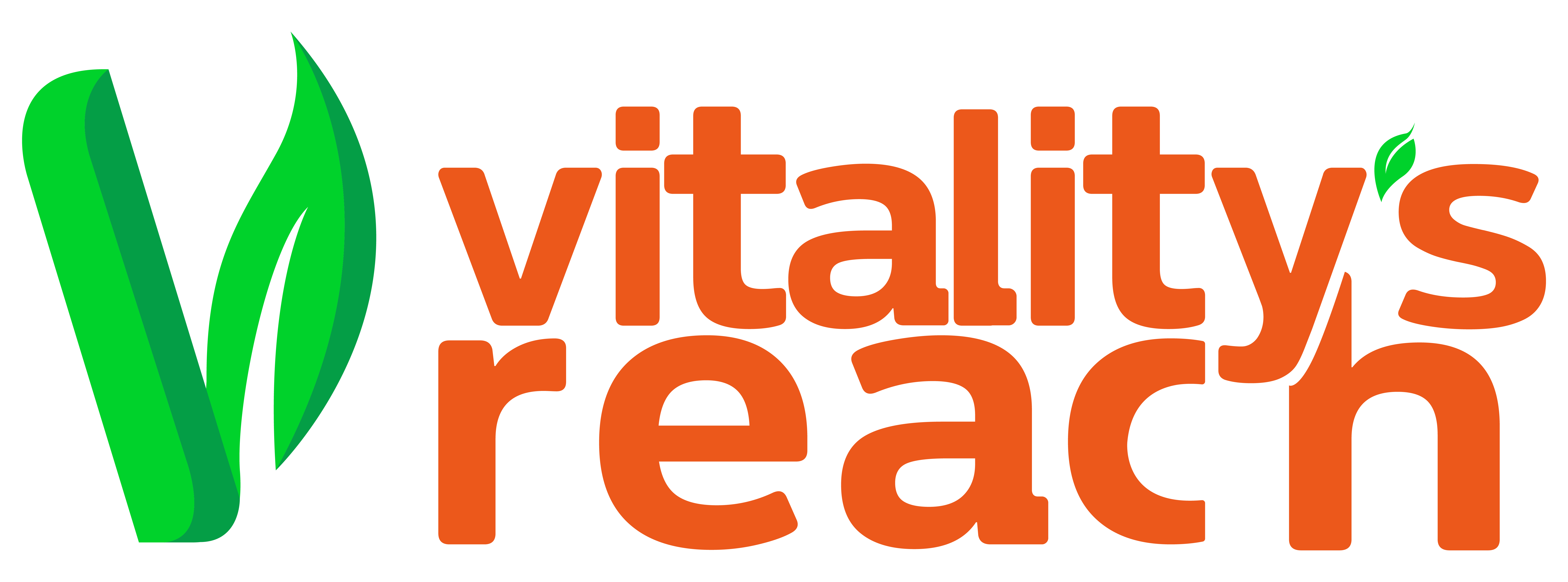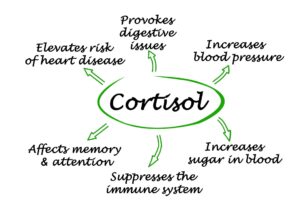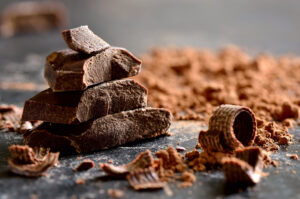
A few weeks ago I was training a client in her home. Some of my home clients will have a TV on in the background while the session is happening.
During this particular session a national morning show was the background noise. In between sets we took notice of a guest they had on the show. I never caught the official profession of the guest but I believe she was described as nutritionist/dietician or in that related field.
Her topic was on “foods that are energy boosters.” This caught my curious attention and my client was probably glad I was temporarily distracted. I immediately formed a picture in my head what the table was going to reveal. Boy, was I wrong!
No coffee! No tea! No sugar! No chocolate! WTF !?!
Instead it was things like beans, peppers and salad !?
There can be truth in everything depending on context. If you were on a 10 hour flight with no food and finally got to an airport late with only a salad bar open then yeah…that would give some energy. But do you see lineups in the mornings for beans or peppers? After a stressful day at work do you hear “man, what I wouldn’t give for some guava beans and a bell pepper!”
It’s becoming progressively trendy to try to beautify EVERY. SINGLE.THING.WE. EAT. Nothing inherently wrong with trying to chose better options if you are fortunate to afford that luxury but does every single item we ingest need an upgrade? Does everything need this vigorous screening? Will there be guilt attached if the upper standard isn’t met??
This rant may seem a little off topic of the pros and cons of coffee but it is becoming increasingly popular to dismiss the obvious and ignore our physical needs. Maybe it is part of human nature to believe the more complicated something is the better it becomes. There does seem to be a shadow of doubt routinely cast upon food and drink that makes up feel better. Even the host commented as the segment ended, “I think I’ll stick with my coffee.”
Which leads me to talk about the nectar of the gods….not to give away my opinion too early. 🙂
The Pros and Cons of Coffee drinking
Let me lead off and say coffee isn’t for everyone. Just like tomatoes aren’t or iceberg lettuce. Almost every food is problematic for some portion of the population. Coffee is no exception. If you scratch the surface you’ll find articles and stories of coffee causing adrenal fatigue, jitters, racing heart, a spike in energy followed by a crash. Drinking it too late in the day precedes a date with a concrete pillow. Heart burn and laxative effects have all been documented. Drinking coffee on an empty stomach can cause these problems plus dropping blood sugar, increasing nitric oxide and adding to the aging process.
Many of the adrenal and cortisol issues can be rectified with stabilizing blood sugar. This is a major reason why coffee typically includes milk and sugar. Some coffee is more acidic than others, so having milk, cream and sugar added will lessen that response. Adding those ingredients usually takes care of that peak and crash feeling people report. Try going with half milk and sugar in your cup starting out or even less coffee if you have a history of coffee intolerance.
Because coffee is a metabolism booster you need the energy /calories on board to make it run. If not, then it can be accompanied by jitteriness or an anxious feeling. Having those side effects would suggest your body is not getting what it needs and is out of sync. This is no different than walking one flight of stairs and having to stop and catch your breath. Your body is telling you something. Definitely avoid drinking on an empty stomach. Finding a way to balance those along with a functioning thyroid will go a long way in alleviating adrenal problems.
Pros and Cons of Coffee
The Benefits of Coffee
- Coffee is undoubtedly a stimulant. It can be a surrogate for thyroid. It’s sometimes referred to as a drug. This may be a reach in terminology because any nutrient in isolation has drug like effects. Vitamin K and D have hormone like effects for example. According to Dr. Ray Peat:
- Coffee drinkers have a lower incidence of thyroid disease, including cancer.
- Caffeine protects the liver from alcohol and acetaminophen (Tylenol) and other toxins, and coffee drinkers are less likely than people who don’t use coffee to have elevated serum enzymes and other indications of liver damage.
- Caffeine protects against cancer caused by radiation, chemical carcinogens, viruses, and estrogens.
- Caffeine synergizes with progesterone, and increases its concentration in blood and tissues.
- Cystic breast disease is not caused by caffeine, in fact caffeine’s effects are likely to be protective; a variety of studies show that coffee, tea, and caffeine are protective against breast cancer
- Coffee provides very significant quantities of magnesium, as well as other nutrients including vitamin B1.
- Caffeine “improves efficiency of fuel use” and performance
- Coffee drinkers have a low incidence of suicide.
- Caffeine supports serotonin uptake in nerves, and inhibits blood platelet aggregation.
- Coffee drinkers have been found to have lower cadmium in tissues; coffee making removes heavy metals from water.
- Coffee inhibits iron absorption if taken with meals, helping to prevent iron overload.
- Caffeine, like niacin, protects against stress-induced cell death, without interfering with normal cell turnover.
- Caffeine can prevent nerve cell death.
- Coffee (or caffeine) prevents Parkinson’s disease.
- The prenatal growth retardation that can be caused by feeding large amounts of caffeine is prevented by supplementing the diet with sugar.
- Caffeine stops production of free radicals an important factor in tissue stress.
- Caffeine lowers serum potassium following exercise; stabilizes platelets, reducing chances of clotting.
Cons of coffee
- Coffee is not a hard sell for most people. 66% of women and 62% of men consume coffee daily. This would put it ahead all other beverages. Coffee is not meant to be drank like a beer drinking contest. If you sat down and ate a full birthday cake there would be side effects. No difference than drinking 6-7 cups in a short time. There would likely be undesired effects. Having one, two or three cups a day (not on a empty stomach) can have many benefits.
- As mentioned, if you get anxious or crash from coffee look at your calorie intake and make sure there is enough calories and especially carbs. Focus on foods such as fruit, fruit juices, and dairy in your diet which can help stabilize blood sugar. Think of coffee as food and enjoy the energy, the smell, the taste and the moment of solitude it can bring.
If you know someone who struggles with coffee feel free to share this with them. Cheers!




